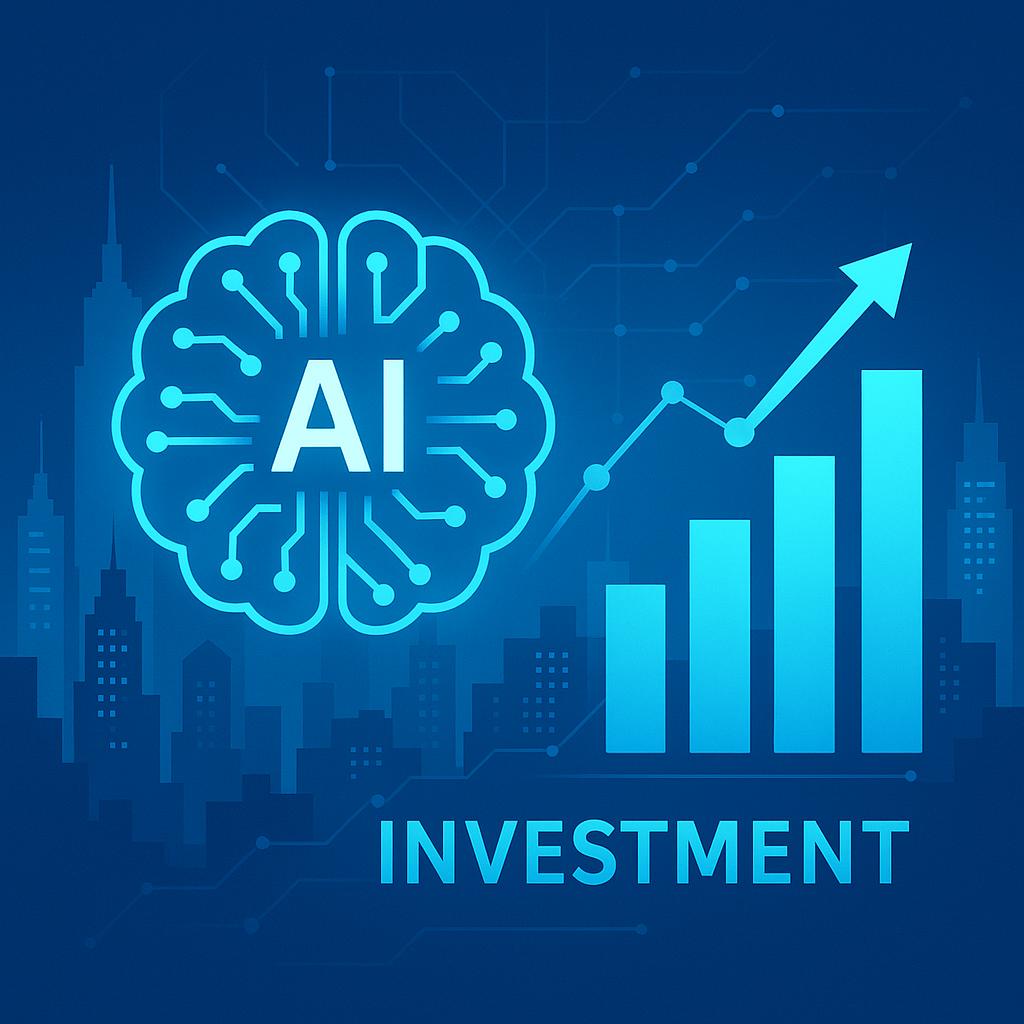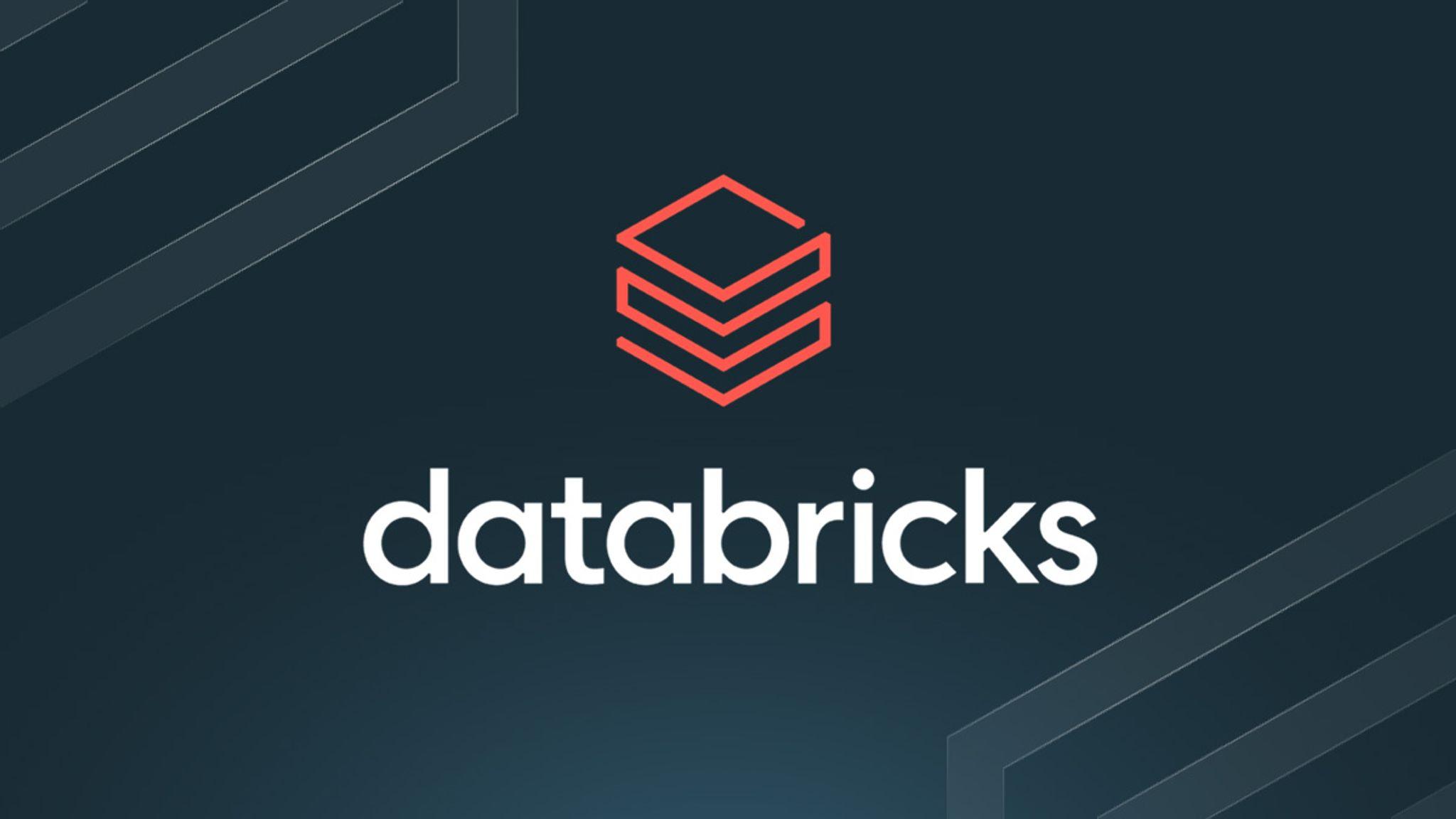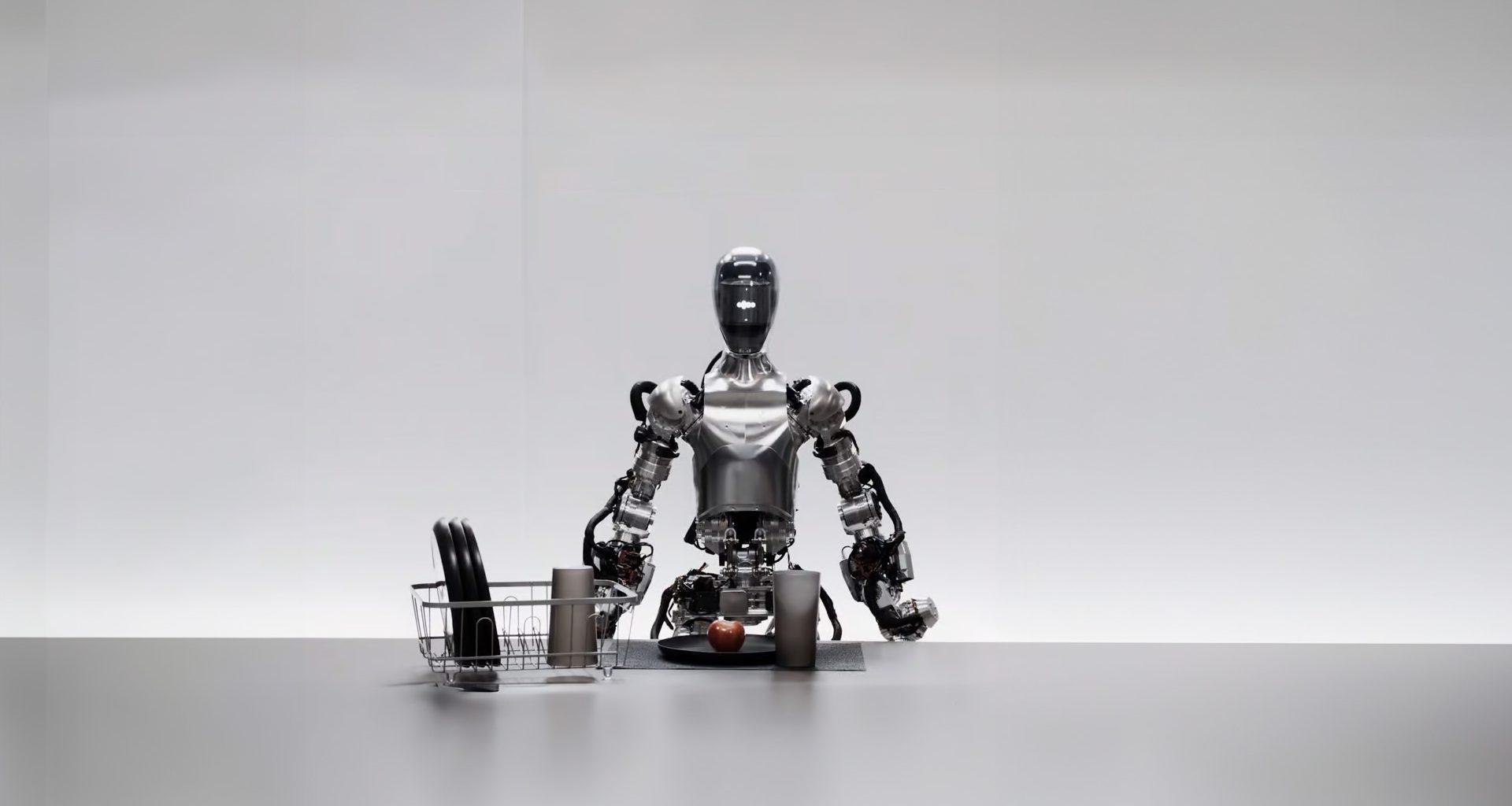
OpenAI's Economic Analysis: ChatGPT's Transformative Impact
OpenAI's Economic Analysis: Unveiling ChatGPT's Economic Impact
Imagine a world where conversations with AI are not just futuristic ideas, but a daily reality reshaping our economic landscape. OpenAI's latest economic analysis brings us face-to-face with this reality, revealing how ChatGPT, a tool now used by over half a billion people worldwide, is transforming industries by the billions. With over 2.5 billion messages sent daily, including more than 330 million in the US alone, ChatGPT is not just a technological marvel—it's a powerful engine of productivity that is redefining how we work, learn, and create value across all sectors of society.
The transformation is particularly evident in educational and government sectors. In classrooms across the nation, teachers have reclaimed nearly six hours per week, thanks to AI assistance that handles routine administrative tasks and provides intelligent support for lesson planning and grading. State workers in Pennsylvania have carved out an extra 95 minutes a day to focus on delivering better services, powered by the efficiencies ChatGPT introduces. These time savings represent more than mere convenience—they translate into enhanced service delivery, improved educational outcomes, and the creation of new opportunities for innovation and growth.
OpenAI Chief Economist Ronnie Chatterji and his team provide a first-of-its-kind look into how ChatGPT is enhancing productivity within businesses and governments. It's more than just theoretical analysis; it's the measurable sound of value being created across the economy. In an exciting new collaboration with leading economists from Harvard University, Georgetown University, and the American Enterprise Institute, OpenAI is crafting a comprehensive research agenda to dive deeper into AI's multifaceted influence on jobs, productivity, and economic growth patterns.
The Unprecedented Speed of AI Adoption
What makes ChatGPT truly groundbreaking in the technology landscape? It stands as the fastest-adopted consumer technology in history, reaching 1 million users in just five days and soaring to over 500 million users since its launch. This meteoric rise demonstrates an unprecedented hunger for tools that can amplify human capability and transform routine work into opportunities for higher-value activities. The transformation is undeniable and measurable: more than a quarter of employed US adults who have used ChatGPT now report implementing it in their work tasks, representing a significant increase from previous years and indicating a fundamental shift in how people approach their professional responsibilities.
This rapid adoption creates a unique opportunity to study AI's real-world impact on productivity and economic growth. The platform's integration into daily workflows spans across industries, from creative professionals using it for brainstorming and content creation to healthcare workers leveraging it for documentation and research assistance. Financial analysts employ it for market research and report generation, while customer service representatives use it to provide more comprehensive and efficient support to clients.
Historical Context and Future Implications
Historically, transformative technologies like the wheel, electricity, and the transistor have catapulted humanity into new eras of achievement and economic prosperity. AI, with its capacity to amplify human creativity, problem-solving abilities, and analytical thinking, stands alongside these revolutionary innovations as a catalyst for unprecedented change. As AI systems like ChatGPT continue to evolve and become more sophisticated, they promise significant economic benefits, expanding what economists describe as the economic pie through increased productivity, innovation, and the creation of entirely new markets and opportunities.
The research collaboration spearheaded by OpenAI represents a crucial step in understanding these transformative effects. Through their 12-month investigative endeavor, the team aims to provide empirical evidence and analytical frameworks that will help policymakers, business leaders, and workers navigate this period of rapid technological change. The OpenAI Workshop in Washington, DC serves as an epicenter of exploration and analysis, designed to foster better understanding of AI's trajectory and its implications for different segments of society.
Yet, as with any transformative change throughout history, critical questions emerge about distribution and access. How will these substantial benefits be distributed across different socioeconomic groups, industries, and geographical regions? Who will have access to these productivity-enhancing tools, and what measures can ensure that AI's economic benefits contribute to broad-based prosperity rather than increasing inequality? These questions form the core of ongoing research and policy discussions that will shape how society harnesses AI's potential for collective benefit while addressing legitimate concerns about workforce displacement and economic disruption.
As AI continues to scale human ingenuity and reshape the fundamental nature of work, we stand at a pivotal moment in economic history. The choices made today about AI development, deployment, and governance will determine whether this technology serves as a force for widespread prosperity or exacerbates existing economic disparities. The ultimate prize may not be just economic growth, but the creation of a more productive, creative, and equitable society where human potential is amplified rather than replaced by artificial intelligence.
https://openai.com/global-affairs/new-economic-analysis/?utm_source=chatgpt.com




